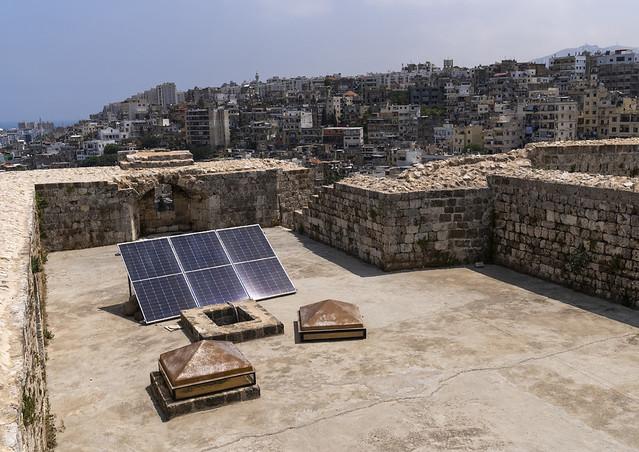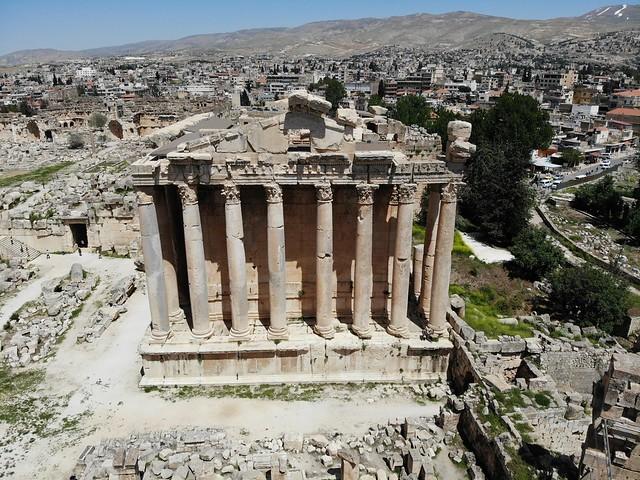
Tripoli
Overview
Historical Significance
Tripoli, the second-largest city in Lebanon, boasts a rich tapestry of history that dates back over 2,000 years. It was originally founded by the Phoenicians and has since been influenced by various civilizations, including the Romans, Byzantines, and Ottomans. As you stroll through its winding streets, you can feel the weight of history in the ancient souks, the remnants of Crusader castles, and the stunning Mamluk architecture. The city’s defining feature is the Citadel of Tripoli, a majestic fortress built atop a hill that offers breathtaking views of the Mediterranean Sea and the surrounding landscape.
Cultural Vibrancy
Tripoli is a cultural melting pot, where diverse communities coexist harmoniously. The city is renowned for its traditional crafts, including soap making and pottery, as well as its delectable culinary scene. Be sure to indulge in local specialties such as the famous Tripolitan "kebbeh" and "sfiha" at one of the bustling street-side eateries. The lively atmosphere of the city is accentuated by its vibrant festivals and events, which showcase traditional music, dance, and art, allowing visitors to immerse themselves in the local culture.
Architectural Marvels
As you explore Tripoli, you will encounter a fascinating array of architectural styles. The Great Mosque of Tripoli, originally built as a church in the 12th century, stands as a testament to the city’s layered history. Nearby, you can find the stunning Al-Mansouri Mosque, an exquisite example of Mamluk architecture, characterized by intricate tile work and soaring minarets. The city is also home to the historic Khan al-Ansar, a beautifully preserved caravanserai that evokes the spirit of ancient trade routes, providing a glimpse into the bustling commercial life of the past.
Local Characteristics
The atmosphere in Tripoli is distinctly Lebanese, marked by warm hospitality and a sense of community. The locals are known for their friendliness and eagerness to share their stories and traditions with visitors. The city's vibrant souks, or markets, are a must-visit, filled with the scent of spices, fresh produce, and handmade crafts. Here, you can engage with local artisans, purchase unique souvenirs, and sample fresh, flavorful food from street vendors. The sound of laughter and conversation fills the air, creating an inviting ambience that makes you feel at home.
Natural Beauty
Beyond its historical and cultural riches, Tripoli is blessed with stunning natural beauty. The nearby palm-lined beaches offer a perfect escape for sun-seekers and water sports enthusiasts. A short drive from the city leads you to the breathtaking mountains of Lebanon, where you can enjoy hiking and panoramic views of the region. The contrast of the blue Mediterranean against the rugged mountains provides a picturesque backdrop that is perfect for exploration and relaxation alike.
Conclusion
Tripoli is a city that encapsulates the essence of Lebanon, offering a unique blend of history, culture, and natural beauty. Whether you are wandering through ancient streets, savoring local delicacies, or engaging with the friendly locals, every moment spent in this captivating city will leave you with cherished memories and a deeper appreciation for the richness of Lebanese heritage.
Other towns or cities you may like in Lebanon
Explore other cities that share similar charm and attractions.



